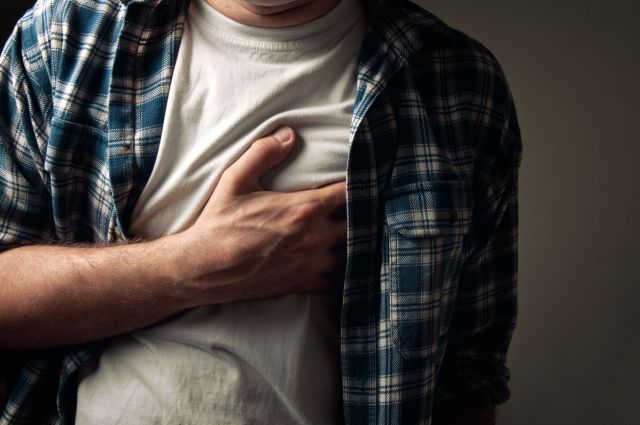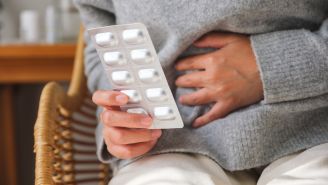A quick nap in the middle of the day might be a great way to battle an afternoon energy slump, but for people with gastroesophageal reflux disease (GERD), it could be more likely to bring on a bout of reflux, according to one small study.
The study, published in the journal Clinical Gastroenterology and Hepatology, looked at 15 patients who experienced frequent symptoms of acid reflux, such as heartburn and regurgitation, and who also napped during the day. Researchers had the participants complete questionnaires about their reflux symptoms and sleep quality. The researchers also used activity monitors to record the people’s sleep vs. awake times and measured acid levels in the esophagus both before and during sleep.
They found that heartburn and reflux were worse during daytime naps than during nighttime sleep. While napping, the people had more frequent periods of reflux—40 times per hour, on average—the reflux lasted longer and the people were more likely to complain of symptoms, such as burning in the stomach and the back of the throat. That’s likely because the deep sleep people experience at night helps to suppress reflux symptoms, while light napping doesn’t.
Getting sleep with GERD
This news doesn’t mean your have to give up your naps. Despite the heartburn and other unpleasant symptoms, midday naps are still a great way to recharge and give your health a boost. So instead, try these tips to help you rest a little easier, despite the reflux.
- Eat earlier (and lighter). Eating a big meal right before you sleep is a recipe for reflux. According to the study’s authors, napping right after you eat lunch, before your food has time to properly digest, could increase the chance of GERD complications such as damage to the esophagus. Instead, try waiting two to three hours after eating before taking a nap or heading to bed. Eating smaller meals throughout the day can also help—just make sure to avoid food that could aggravate your heartburn.
- Prop up. Sleeping propped up makes it harder for acid to back up into the esophagus, reducing those uncomfortable GERD symptoms. If you need a nap, avoid sleeping flat on your back. Laying flat puts pressure on your stomach that drives acid into the esophagus. Even at night, try elevating the head of your bed 6 to 8 inches to keep stomach acid from refluxing.
- Loosen your waistband. Whether you’re heading to bed or opting for a quick noontime nap, make sure the clothes you’re wearing aren’t constricting your middle. Tight clothing and belts squeeze on your intestinal tract, causing heartburn and acid reflux.






